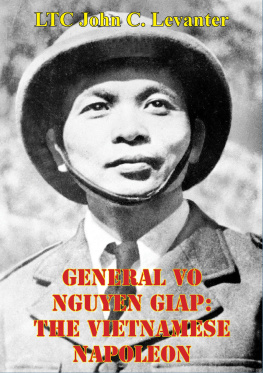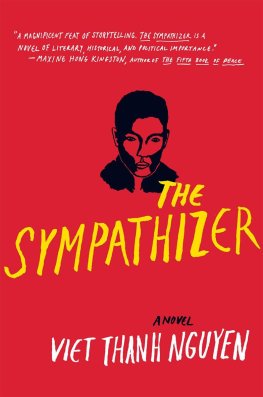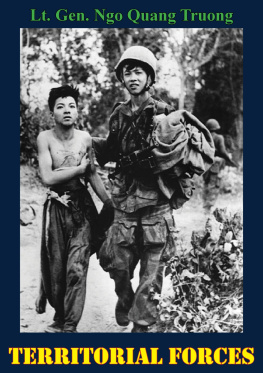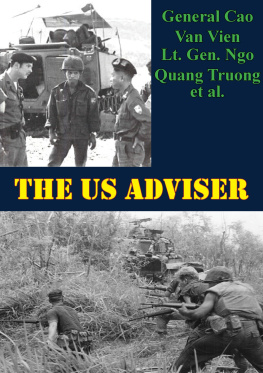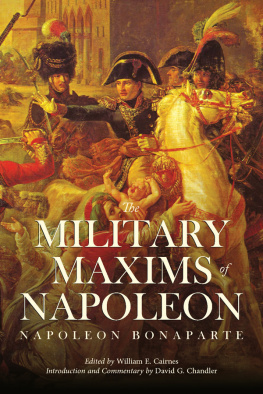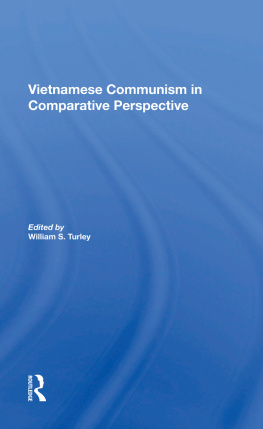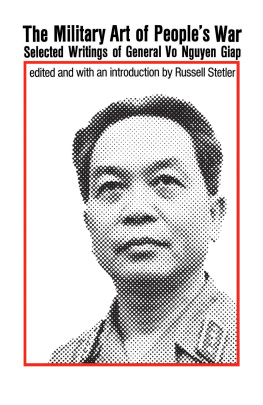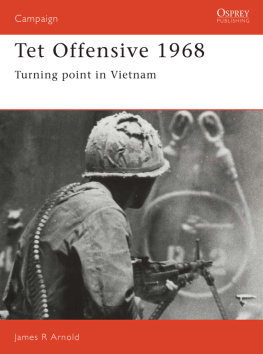

This edition is published by PICKLE PARTNERS PUBLISHINGwww.picklepartnerspublishing.com
To join our mailing list for new titles or for issues with our books picklepublishing@gmail.com
Or on Facebook
Text originally published in 1973 under the same title.
Pickle Partners Publishing 2014, all rights reserved. No part of this publication may be reproduced, stored in a retrieval system or transmitted by any means, electrical, mechanical or otherwise without the written permission of the copyright holder.
Publishers Note
Although in most cases we have retained the Authors original spelling and grammar to authentically reproduce the work of the Author and the original intent of such material, some additional notes and clarifications have been added for the modern readers benefit.
We have also made every effort to include all maps and illustrations of the original edition the limitations of formatting do not allow of including larger maps, we will upload as many of these maps as possible.
General Vo Nguyen Giap: The Vietnamese Napoleon?
by
John C. Levanter, LTC, CE
TABLE OF CONTENTS
Contents
ABSTRACT
General Giap is undoubtedly one of the foremost practitioners of insurgency and revolutionary war. He has been called by some, the Vietnamese Napoleon. The issue is: What are the factors which have gained him such a reputation? What experiences have influenced his life and caused him to develop the strategy and tactics used the past 25 years in Vietnam? An extensive literature search was made to trace his lifes history and to determine what factors have caused him to be as he is. The study examined his early life, civilian education, and use within the Vietnamese Communist Party, military training and experience. No effort was made to give a detailed analysis of any campaign or battle. A final evaluation was made that although his contribution on to the two wars in Indochina was great, evidence does not support placing him with such men as Mao, Guderian, or Napoleon. He has contributed little which is new to strategic or tactical principle & but rather has demonstrated the ability to apply well those principles developed by others.
CHAPTER I INTRODUCTION
Know your .enemy and know yourself and you can fight a hundred battles without disaster. SUN TZU
BACKGROUND
Vo Nguyen GiapA man the world first heard about after the French Armys humiliating defeat at the hands of the Viet Minh at Dien Bien Phu in 1954. Perhaps it is incorrect say that the world yet recognizes the name. Outside of a relatively small circle, few people know who Giap is. Those who do, however, know his importance. They know that victory there the French caused Frances withdrawal from Indochina. They know that victory there marked the first time e guerrilla army had defeated a major western power. They also know he has been the chief architect of military strategy in Southeast Asia since that time.
General Giap now holds the positions of Vice-Premier, Government of North Vietnam, General Giap has been the head of this army since, then. He trained and equipped this force, which started with a platoon of 34 men, into an army which has grown to a total force of over two and one-half million. This Army and the troops of the National Liberation Front, Viet Cong, had by the mid 1960s beaten the South Vietnamese Army to the point that the United States found it necessary to send combat troops to Southeast Asia. Since that time, Giaps Army has remained in South Vietnam while being opposed by a South Vietnamese military force of over a million men and an American armed force exceeding one-half million.
Giaps Army has fought against such well-known French generals as De Lattre de Tassigny, Raoul Salan and Henri Navarre. American generals which have matched wits and in many cases been foiled by Giaps strategy is also an illustrious one: Paul D. Harkins, William C. Westmoreland, and Creighton H. Abrams Maxwell D Taylor.
SCOPE
This study examines Giaps past history in an effort t to determine what hi& military strategy and tactics have been; why such strategy and tactics were chosen; and what are his personal qualification and attributes which have enabled him to be so successful. A determined will be made as to whether he is or other great military leaders whose contribution has significantly influenced military strategy.
It may appear that excessive time has been spent in addressing the Communist partys rise to power in Vietnam and to the history of events there since. It is believed, however, that Giaps success cannot be separated from the history of the success of the Communists in Vietnam. They developed and grew together and to understand Giap, one must understand not only what has happened in Vietnam, but also why it happened.
RESEARCH METHOD
The research method used was; to make a detailed study of information, which comes primarily, from published Information familiar to many people who have seriously studied Vietnam. There are many gaps and Inconsistence in available information but it is believed sufficient for thus purposes of this study. It is believed possible to quite accurately trace Giaps rise to power to determine some of the important factors which have enabled him to be so successful and to remain the position of power he has held for so long.
ORGANIZATION
Giap is undoubtedly one of the foremost practitioners of insurgency and revolutionary war. To understand why he has gained, such a reputation Giap will first be studied as an individual. What has influenced his life to make him as he is? What are the experiences that have caused him to develop the concepts and techniques which have determined his strategy Next the strategy and tactics will be considered. What are theyhave they worked, if so, why, and if not, why not?
The next consideration will be an evaluation of Giaps overall influence and impact on the world insurgency and revolutionary scene. Last an overall Judgment will be made as to whether he has earned a place amongst the outstanding military commanders of history.
CHAPTER II THE MAKING OF A GENERAL
Giap was once asked the following question:
Arent you playing Napoleon? Giap replied;
Im going to be Napoleon.
While teaching history in high school Giap frequently passed on to his students his obsession with Napoleon. He draw detailed sketches of Napoleonic battles on the blackboard, walked and talked in the Napoleonic manner, in short sentences, with his head hanging and his thumb stuck into his jacket. One day another teacher asks him the above quoted question and Giaps reply clearly demonstrated his long infatuation with military history.
EARLY LIFE
From his earliest years, Giap has lived in the middle of turbulent events concerned with the independence of his own country. He was born in 1912 in the village of An-Xa in Quang-Binh Province, located just north of the 11th parallel. Although his father was a scholar and very poor, Vietnamese tradition demanded that he be highly respected by the community.
When young Giap was twelve he was sent to the Lyce National at Hue which was founded by a high court official who was the father of President Dgo Dinh Diem of South Vietnam. This school was designed for the purpose of providing both a traditional and modern education, instead of the solely modern schooling given by the French-operated high schools. Lyce National had as students prior to Giap, both Diem, later the controversial head of government of South Vietnam) Ho Chi Minh, who later became Giap chief and head of the government of North Vietnam; and Pham Van Dong, now Prime Minister of North Vietnam. It was while attending school at Hue that Giap joined the first under-ground nationalist group and came to the attention of the French police. By 1930 tee Depression was on and times were especially hard in Vietnam. People were near starvation and Giap led a student demonstration at Hue which resulted in his arrest, and a sentence of three years in prison. Although he was released a few months later on good behavior, Giap was now collecting good reasons to hate the French. Perhaps this period provided the spark that ignited him into pursuing a life obsessed with pushing foreigners from Vietnam.
Next page
